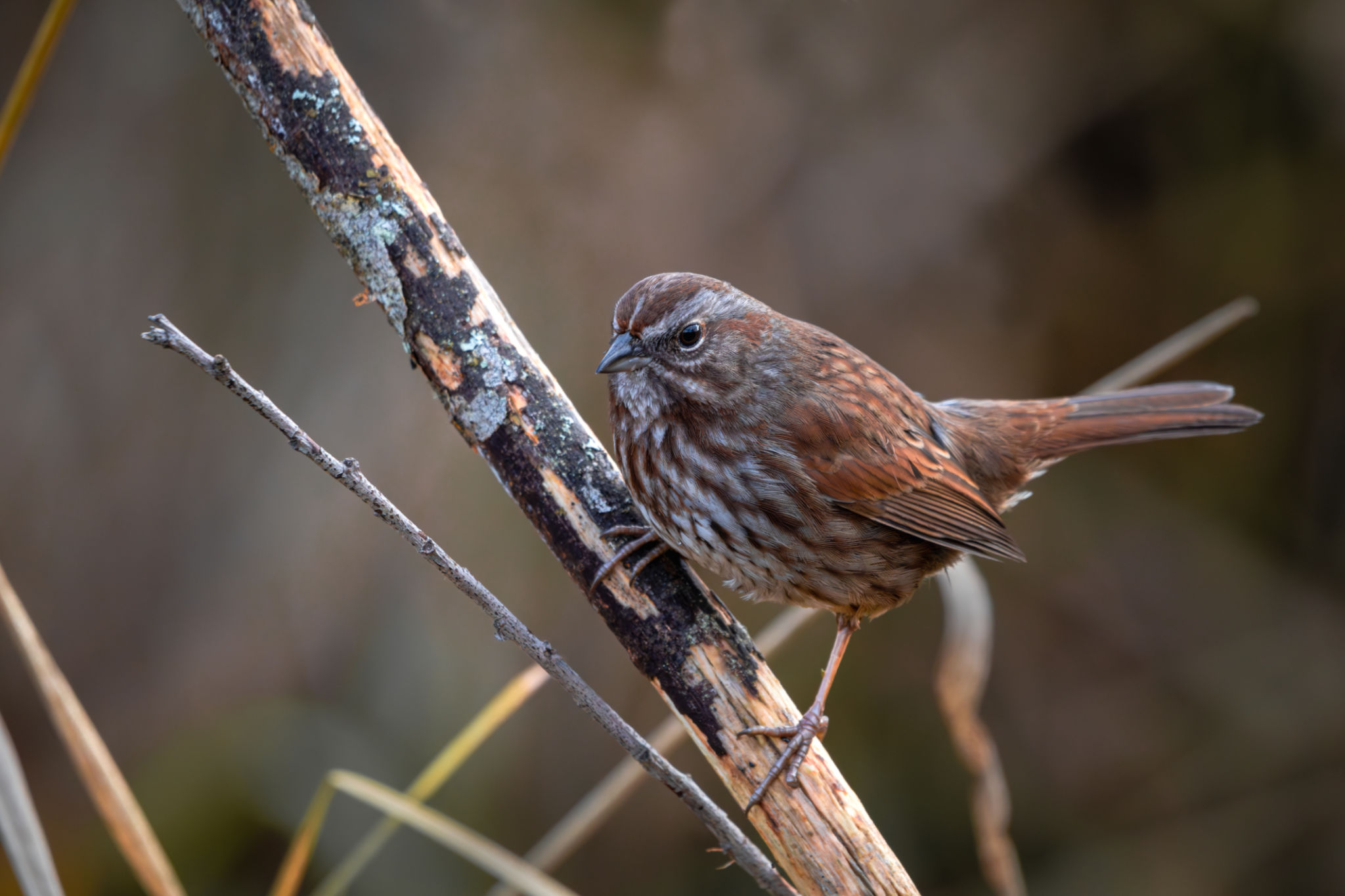Common Misconceptions About Wildlife Management in Orleans
Understanding Wildlife Management
Wildlife management is a crucial aspect of maintaining the delicate balance between human activities and the natural world. In Orleans, there are several misconceptions surrounding this topic that often lead to misunderstandings and conflicts. By addressing these misconceptions, we can foster a more informed and cooperative approach to managing local wildlife.

Misconception 1: Wildlife Management Equals Eradication
A common misconception is that wildlife management is synonymous with the eradication of animals. This belief stems from situations where population control measures are necessary. However, the primary goal of wildlife management is to create a sustainable coexistence between humans and animals, which often involves conservation and protection efforts rather than eradication.
Misconception 2: It’s Only About Big Animals
Many people think wildlife management only focuses on large or dangerous animals like deer or coyotes. In reality, wildlife management encompasses all species, including birds, insects, and even plants. Each species plays a vital role in the ecosystem, and effective management considers the interdependence of all organisms within an environment.

Misconception 3: It’s Unnecessary in Urban Areas
Another misconception is that wildlife management is only necessary in rural or wilderness areas. Urban areas like Orleans are also habitats for a variety of wildlife species. Managing these urban ecosystems is crucial to prevent conflicts between humans and animals and to preserve the biodiversity that thrives within city limits.
Misconception 4: It’s Solely the Government’s Responsibility
While local governments play a significant role in wildlife management, it is not solely their responsibility. Effective management requires collaboration between government bodies, conservation organizations, and the public. Community involvement is essential for implementing successful strategies that benefit both wildlife and humans.

The Importance of Education and Awareness
Addressing these misconceptions begins with education and awareness. By providing accurate information and resources, we can help individuals understand the importance of wildlife management and how they can contribute to these efforts. Schools, community programs, and online resources can play a pivotal role in spreading this knowledge.
Actions Individuals Can Take
Everyone can contribute to wildlife management in their community. Here are some actions individuals can take:
- Support local conservation efforts.
- Participate in community clean-up projects.
- Educate others about the importance of biodiversity.
The Future of Wildlife Management in Orleans
The future of wildlife management in Orleans hinges on debunking these misconceptions and promoting a cooperative approach. As more people become aware of the realities and importance of managing local wildlife, we can work towards a sustainable future where both humans and animals thrive.
Ultimately, effective wildlife management benefits everyone by ensuring that ecosystems remain healthy and vibrant. By understanding and addressing common misconceptions, Orleans can lead the way in creating harmonious environments for all living creatures.